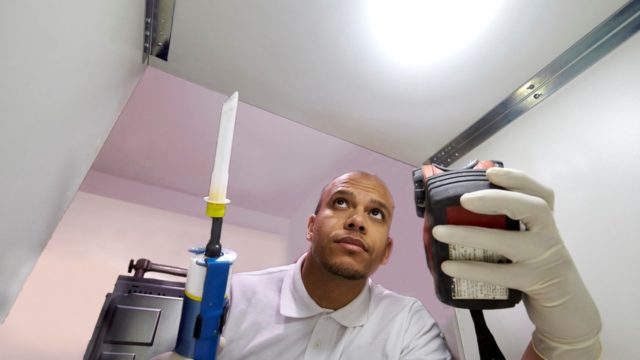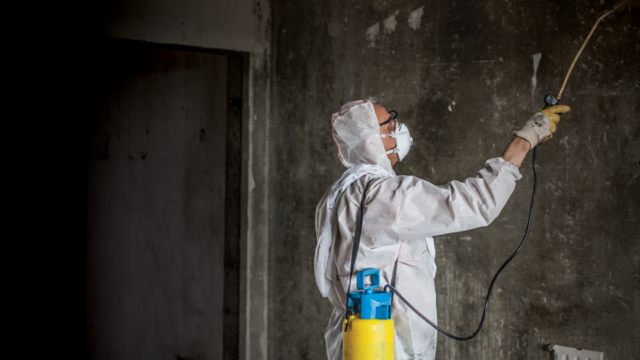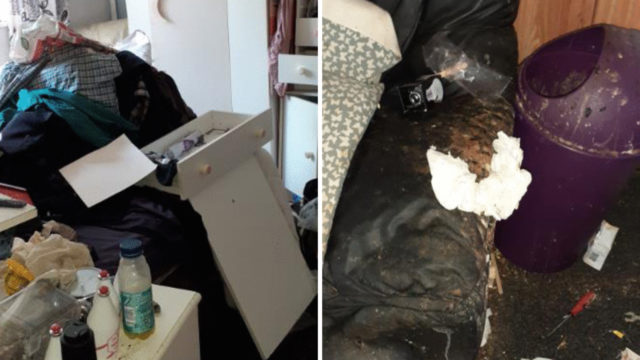Who’s responsible
Your landlord is largely responsible for covering the cost of flood damage unless the flood was down to a tenant’s negligence and there is suitable evidence to this effect. The tenant’s negligence covers anything from unauthorised alterations to pipework to leaving the tap running.
If the tenant is not responsible for the flood then it is their responsibility to correct any damages to the structure of your home, ensuring that water, gas, electricity, sanitation, and heating are all in working order.
You should inform your landlord the moment the water damage occurs, they are then accountable for repairing any damage within a reasonable time frame. You shouldn’t have to move out of the house while repairs are being undertaken; however, you may request a temporary reduction in rent if you are unable to use every room for a prolonged period. Your landlord is legally responsible for your home during this time.
What is covered by your landlord?
A recent survey showed that as many as 60% of tenants do not have contents insurance as they assume that their landlord is responsible for any damage to their personal property. Below is a list of all of the items for which your landlord is responsible.
- Electrical wiring
- Gas pipes and boilers
- Heating and hot water
- Chimneys and ventilation
- Sinks, baths, toilets, pipes, and drains
- Common areas including entrance halls and stairways
- The structure and exterior of the building, including walls, stairs and banisters, roof, external doors, and windows
The landlord should further cover the costs of repainting, cleaning, or other services required to return the property to its previous condition. However, your landlord is not accountable for items that should be covered by contents insurance. Tenants are responsible for their belongings, so if personal items have been damaged in the flood it is down to the tenant to cover the cost, this should be explained in your tenancy agreement.
What can you do to reduce the risks?
As a landlord, it is good practice to ensure that your tenants are aware of the risks of flooding in your property. This creates an open dialogue between tenant and landlord, in many cases if a tenant reported an issue the flooding may have been prevented. While it is not the tenant’s responsibility, there are actions landlords can take to reduce the risks of severe flood damage.
Some preventable measures include making the tenant aware of where stopcocks are located, ensuring they know to turn the water off, and how to recognise the first sign of a leak. Many landlords include a clause in the tenancy agreement stating that tenants should report issues immediately. This ensures regular inspections are being carried out to spot issues early on. Flooding can be a huge strain on both landlord and tenant following this advice could help reduce the risks.
Take a look at our website for information about flood damage cleanup and restoration. Or call us on 0800 668 1268 for advice.





